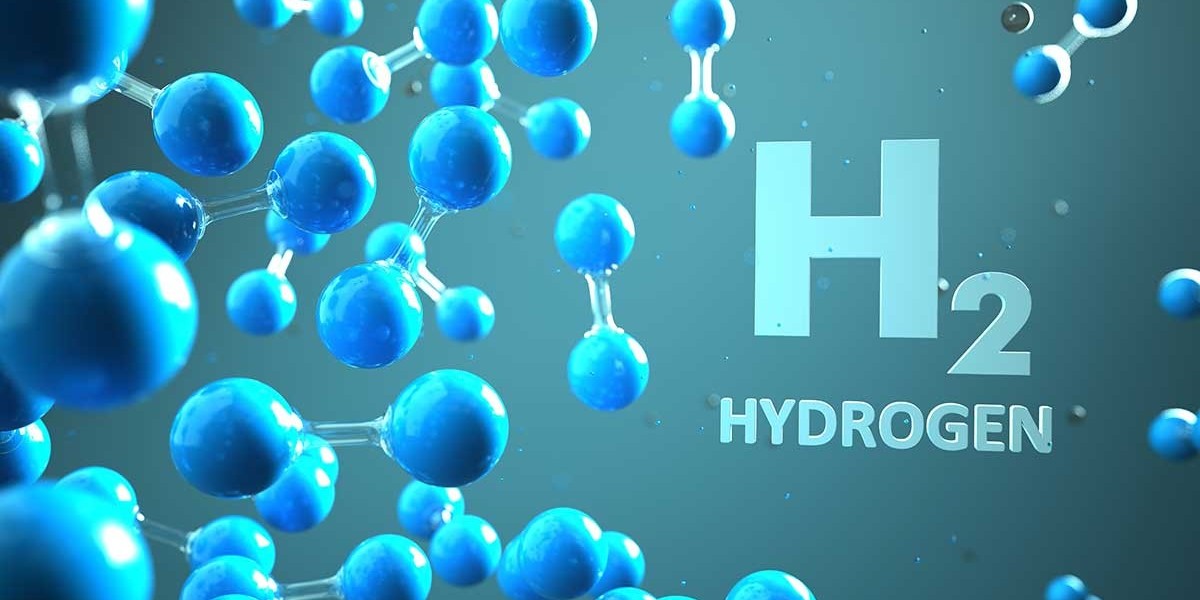Cognitive behavioral therapy (CBT) is a well-established treatment for substance abuse that has been shown to be effective in a variety of clinical settings and research studies. This approach focuses on the connection between your thoughts, emotions and behaviors and helps you identify distorted ways of thinking that may lead to substance use. It also provides skills to help you change negative thoughts and behavior.
Unlike some other types of psychotherapy, which often focus on past events or issues, CBT therapists will always look at the current situation and what is happening in your life now. It is a short-term, goal-oriented approach that is aimed at changing your life in the present moment. It is one of the most widely used and proven mental health therapies.
The goals of CBT in addiction recovery are to help you recognize the maintaining factors of your substance use, which can include both positive (e.g., enhancing social experiences) and negative (e.g., escaping negative emotions) reinforcements of drug and alcohol use. Then, you will be taught to replace these substances with other coping mechanisms. CBT is a highly structured treatment, and therapists will provide you with tools for problem-solving, emotion regulation and the development of pleasurable sober activities to replace your drug or alcohol use.
In addition to identifying distorted ways of thinking, a therapist using this method will work with you to learn what core beliefs are fueling your drug or alcohol use. This is because all people have distorted beliefs, but those with addictions are more likely to have negative and self-defeating beliefs about themselves and their environment. This faulty thinking is what fuels your addiction, but by learning to recognize and challenge these beliefs, you will be able to break the cycle of dependence and start to enjoy a better quality of life.
While CBT is a powerful tool in its own right, it works best when it is part of an overall addiction treatment program. Typically, it is used in conjunction with other treatment methods, such as motivational interviewing or a 12-Step Program. A holistic approach will also take into account your physical and spiritual well-being, and you might be encouraged to participate in groups like AA or NA as well as attend individual sessions with a CBT therapist. Medication management might also be recommended.
When combined with other treatment options, CBT has been shown to be very successful in reducing or eliminating substance abuse. Talk to your therapist about how this treatment might be a fit for you and find a program that is CBT-friendly. Call today to get started on the road to recovery. Our helpline is available 24/7.


